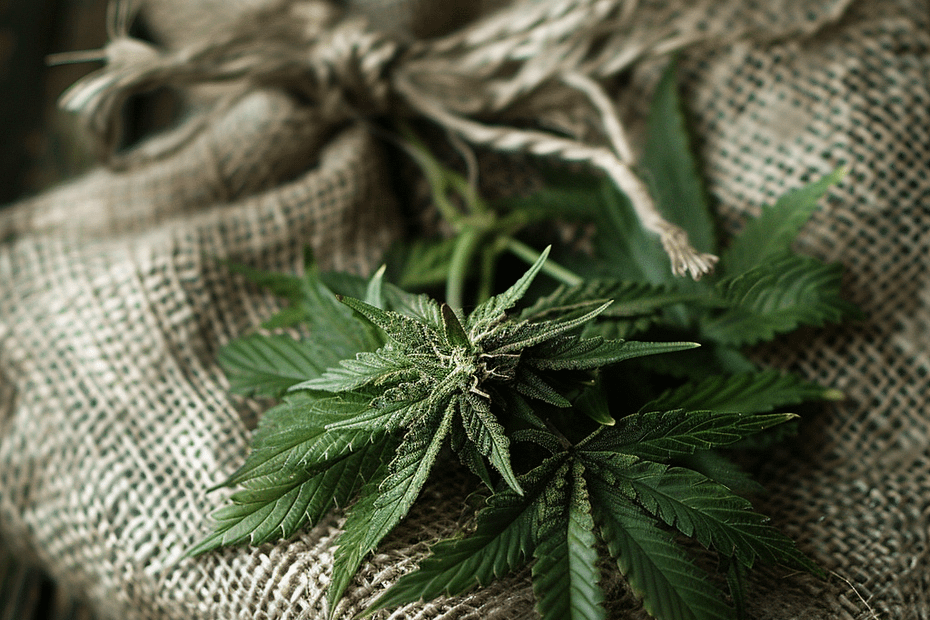Cannabis
noun, neuter (that); also: hemp
Definition:
Cannabis is the botanical name for a plant genus within the hemp family(Cannabaceae). It comprises several species, including Cannabis sativa, Cannabis indica and Cannabis ruderalis. The plant has been used for thousands of years both as a crop and for its psychoactive effects.
Uses and forms:
Cannabis is consumed and used in various forms:
- Medicinal cannabis: Used to treat chronic pain, nausea, muscle spasms (e.g. in multiple sclerosis) and other ailments. Prescribed by doctors, usually in the form of flowers, extracts or tablets.
- Recreational use: Use for intoxication purposes, typically by smoking, vaporizing or in edible form (“edibles”).
- Industrial hemp: Low-THC varieties of the plant are used for textiles, paper, building and insulation materials, food (e.g. hemp seed oil) and cosmetic products.
Main active ingredients:
The main active ingredients of the plant are cannabinoids, in particular:
- THC (tetrahydrocannabinol): Responsible for the psychoactive effect. It has an intoxicating effect and can lead to side effects such as anxiety or paranoia if consumed in excess.
- CBD (cannabidiol): Does not have an intoxicating effect, but is valued medicinally for its anti-inflammatory, calming and antispasmodic properties.
Legal status:
The legal treatment of cannabis varies around the world:
- In some countries (e.g. Canada, Uruguay, parts of the USA) cannabis is fully or partially legalized.
- In Germany, possession of small quantities for personal use is decriminalized under certain conditions. Since 2024, possession and cultivation for adults has been legalized under certain conditions, and medicinal cannabis has been available on prescription since 2017.
- In many countries, however, cannabis remains illegal and is subject to criminal prosecution.
Risks and side effects:
- Short-term: Impairment of short-term memory, reaction time and concentration, especially at high doses.
- Long-term: Potential dependency, increased risk of mental illness (e.g. psychosis), especially with early and regular use.
Social debate:
The legalization and decriminalization of cannabis is a much-discussed social issue. Proponents point to possible medical benefits, relief for the judiciary and controllable distribution. Critics warn of health risks and the danger of abuse, especially among young people.
See also:
hemp, THC, CBD, legalization, drug policy, medical cannabis
